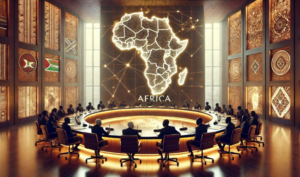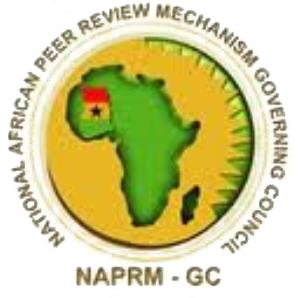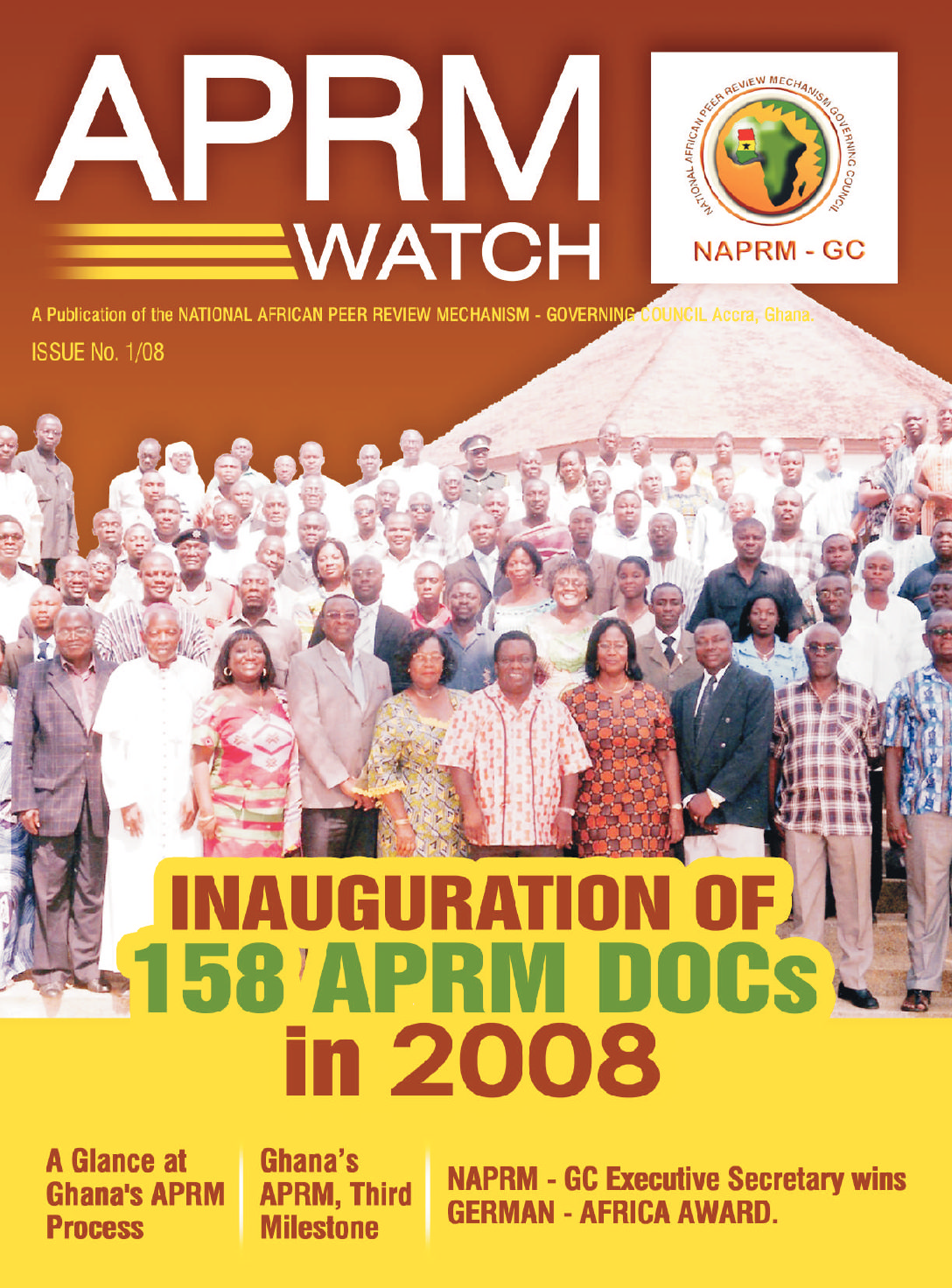 In science and philosophy, novel improvements in the prevailing systems have been predicated on valuable lessons and practical insights from the past, and not so much on the first principle. It is the same with that memetic approach to understanding the rise and fall of nations, the nature of political and social revolutions, and the underlying currents that drive these geopolitical tectonic shifts. Nevertheless, when it comes to matters of governance and policymaking, the temptation to apply the first principle to effecting political change on a grand scale is acute, especially among African policymakers.
In science and philosophy, novel improvements in the prevailing systems have been predicated on valuable lessons and practical insights from the past, and not so much on the first principle. It is the same with that memetic approach to understanding the rise and fall of nations, the nature of political and social revolutions, and the underlying currents that drive these geopolitical tectonic shifts. Nevertheless, when it comes to matters of governance and policymaking, the temptation to apply the first principle to effecting political change on a grand scale is acute, especially among African policymakers.
The consequence is the continued wallowing in the backwash of foreign policy misdirection, thus failing to connect foreign policy goals with foreign policy outcomes. Assuming that all states believe themselves to be rational actors, it will follow that foreign policy outcomes will revolve around sustainable growth, development and global political and economic pre-eminence; all of which the vast majority of African countries have yet to realize. Thus, It can be argued that the approach to foreign policy-making by most African countries has not been ‘rational’.
Rational Foreign Policies as explained by John Mearsheimer and Sebastian Rosato have two essential components; 1) they must be based on a credible theory and; 2) they must unfold through a deliberative process where the views of key decision-makers are aggregated into a composite policy. Since there cannot be an effective deliberative process without the guidance of a credible theory, attention is hereby drawn to the great practicality and utility of a theory-driven foreign policy.
At its very core, policymaking of every kind is a theoretical enterprise. The current order of the global economy has been shaped by what has been referred to as the “big three” liberal theories of international relations. These are liberal institutionalism, economic interdependence theory, and democratic peace theory. It follows that theory and foreign policymaking have not mutually excluded one another, and governments should not attempt to make them so.
From the post-Cold War American foreign policies like the eastward expansion of NATO to Russia’s foreign policy in Ukraine, the theories of liberal hegemony on the part of the Americans and realism on the part of Russians continue to be the guide of the foreign policies of these countries. The credibility of the theoretical orientation of the foreign policies of these countries makes them predictable; culminating in perceivable clarity in their foreign policy direction, such that both potential allies and adversaries are aware of what to expect.
The foreign policies of African governments should have to be guided by three questions relating to;
1. Policy Goals: What role do we intend to play in tomorrow’s world?
2. Policy Strategy: By what combination of theories is our goal best defined? This stage is followed by the deliberative process where the best and brightest are assembled to hammer out a consensus and policy framework so that policy ends do not deviate from policy goals.
3. Policy Evaluation: Have we achieved our policy goals and objectives? How can we tell? If we adopted the theory of Realism, has our country’s political, social and economic power increased in the world? Has Liberalism, enabled us to achieve greater cooperation and interdependency with other countries around the world? If we are theoretical Mercantilists, have our economic gains surged? And have our local industries and markets been amply protected to bolster local industrialization?
In the final analysis, the foreign policies of African governments should begin to reflect efforts towards an Africa which aims to play a larger role in tomorrow’s world. A colonized people do not have the luxury of adopting an approach to foreign policy unless said approach is in direct congruence with their drive towards attaining social, economic and political pre-eminence.
This was written by Wisdom Agape Newman, an Adjunct Lecturer, and the Senior Research, Monitoring and Evaluation Officer at the National Africa Peer Review Mechanism. He is a specialist in governance and public policy.


 newsletter-compressed
newsletter-compressed